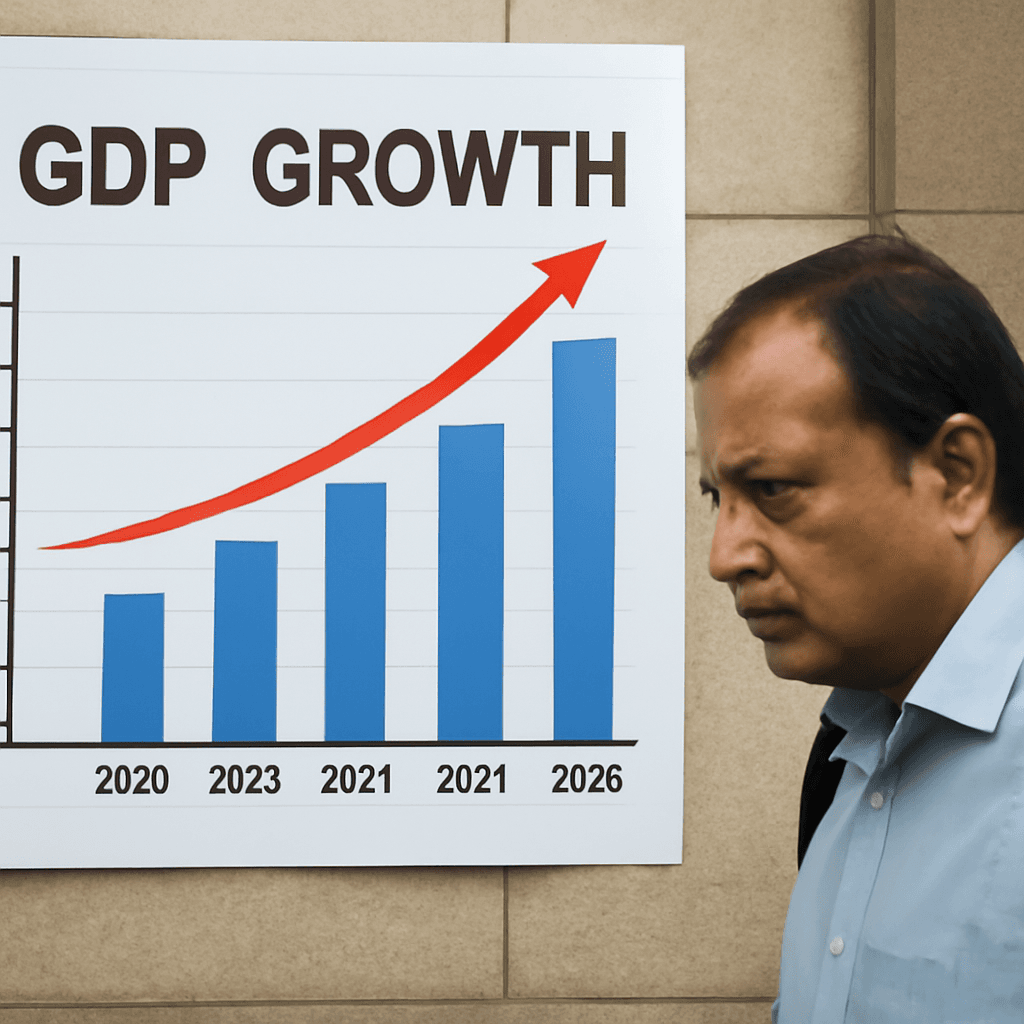UK Chancellor Rachel Reeves Presents Spending Review 2025
On Wednesday, UK Chancellor of the Exchequer Rachel Reeves unveiled the government's comprehensive Spending Review, setting the stage for how public funds will be allocated across departments and infrastructure projects over the coming years.
With billions of pounds on the line, the focus remains on balancing enhanced investment in priority sectors against tightening budgets elsewhere. Reeves emphasized her vision with the declaration, "We are renewing Britain," signaling the government's intention to revive and reform the nation’s economic foundations.
Key Highlights of the Spending Review
The Spending Review outlines two primary streams: resource spending, covering operational costs over the next three years, and capital spending, aimed at infrastructure and long-term projects over the following four years. Treasury projections indicate a modest annual increase, with resource expenses growing by an average of 1.2% and capital investment by 1.3% each year.
Targeted Investment in Defense and Health
- Defense: Defense budget is expanding from 2.3% to now 2.6% of GDP by 2027, a move driven by international pressures and national security priorities. This boost supports ambitious programs including the construction of 12 new nuclear-powered attack submarines and enhanced manufacturing of drones, missiles, and munitions.
- Health: The National Health Service continues to be a spending priority, with significant funding increases pledged to improve capacity and services, although detailed figures are yet to be fully disclosed.
Innovation and Infrastructure: Backing Science, Technology, and Housing
- Science and Technology: Over the next four years, substantial funding will drive breakthroughs in areas like drug development, battery technology, and artificial intelligence, fostering a climate of innovation.
- Housing: A major injection of £39 billion into social and affordable housing aims to tackle the pressing issue of accessible homes, a concern for many struggling with housing costs nationwide.
Education, Justice, and Policing Investments
- Schools: Expansion of free school meals to include more children, especially those on Universal Credit, addressing childhood poverty and nutrition.
- Justice: A transformative investment of £7 billion to create 14,000 new prison places alongside a £700 million annual commitment toward probation reforms.
- Policing: Funding increases will enable recruitment of an additional 13,000 officers and community support roles, supported by an average real-term spending increase of 2.3% per year.
Transport and Energy: Revitalizing Regional Networks and Nuclear Power
- Transport: Outside London, transport infrastructure will benefit from £15.6 billion in funding, prioritizing the North and Midlands. London also receives a stable four-year funding settlement and a quadrupling of local transport capital grants through 2029.
- Nuclear Energy: Investment surpassing £14 billion will fund the Sizewell C nuclear power station and smaller modular reactors, aiming to create 10,000 jobs and enhance energy security by delivering clean, cost-effective power.
No Tax or Borrowing Changes Announced
This Spending Review deliberately excludes revisions to tax or borrowing policies, which are reserved for future fiscal events. Chancellor Reeves reaffirmed adherence to the strict "fiscal rules" established last autumn, focusing on funding routine expenses through tax revenues while maintaining room for investment borrowing.
With limited fiscal flexibility, the government faces challenges ahead, especially if borrowing costs rise or economic growth stalls. Experts anticipate further tax adjustments in the upcoming Autumn Budget.
Looking Ahead
Rachel Reeves’s spending blueprint paints a cautiously optimistic future, underscoring strategic investments in defense, health, infrastructure, and social programs. Yet, it balances these priorities against ongoing fiscal discipline, keeping the nation's finances on a steady course amidst global economic uncertainties.














